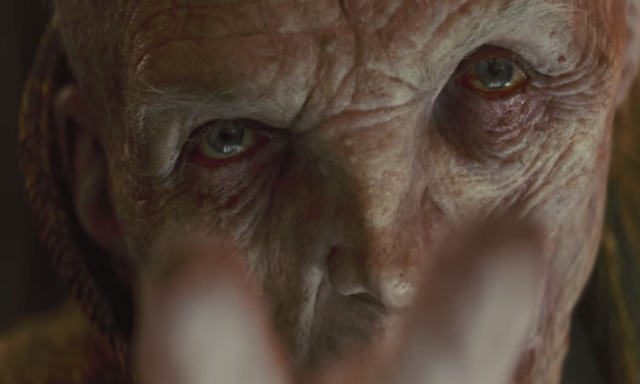A new study by Morten Bay, a Research Fellow at the University of Southern California, has found that a significant portion of the online reaction to 'The Last Jedi' was influenced - if not infiltrated - by far-right bots and sock puppet accounts with links to Russia.
The study, titled 'Weaponizing the haters: The Last Jedi and the strategic politicization of pop culture through social media manipulation', investigated tweets sent to director Rian Johnson's account seven months after the release of the movie. The study's synopsis alleges that there is "evidence of deliberate, organized political influence measures disguised as fan arguments," and that "(the) likely objective of these measures is increasing media coverage of the fandom conflict, thereby adding to and further propagating a narrative of widespread discord and dysfunction in American society."
The evidence comes from a list of 2,752 Twitter accounts that were found to be linked or operated by Russia's Internet Research Agency - of which 16 of these accounts were found to be posting tweets that specifically referenced 'The Last Jedi' and targeted Rian Johnson for abuse. Of course, there were plenty of Twitter accounts not operated by Russian troll farms which, broadly speaking, skewed heavily to the far-right and bemoaned 'The Last Jedi' and its perceived liberal bias.
All of this tracks with a report that came out earlier this year which centred around Domhnall Gleeson's character, General Armitage Hux, and a coordinated effort by Russian Twitter accounts to ensure his character was kept in future 'Star Wars' movies - all of which seemed particularly baffling to Gleeson himself.
Whether the operation to further divide 'Star Wars' fans and popular culture worked or not is open for debate, but there's no denying that 'The Last Jedi' was a naturally divisive moment in the franchise and was always going to bring about strong opinions.
For our part, we loved it and you can read our original review to find out why.




















































































